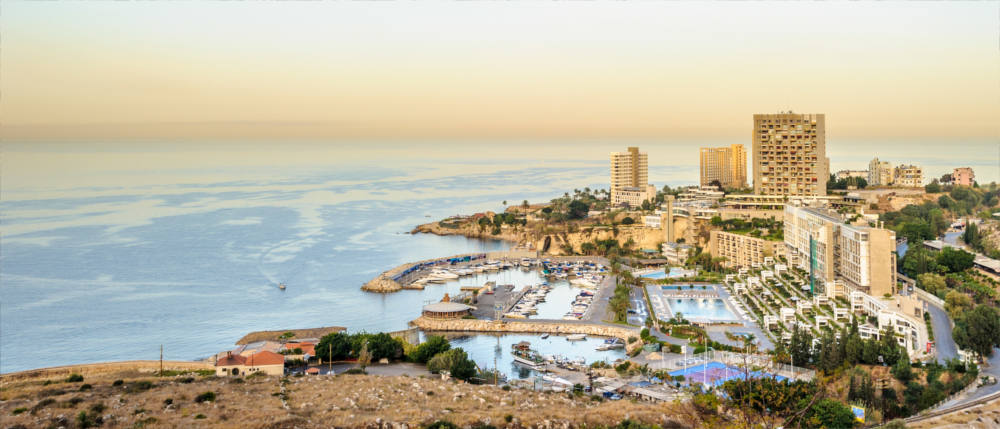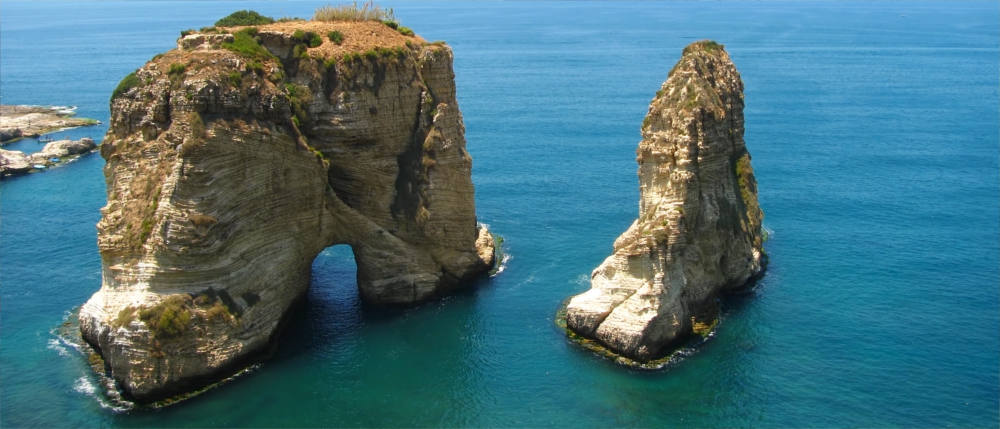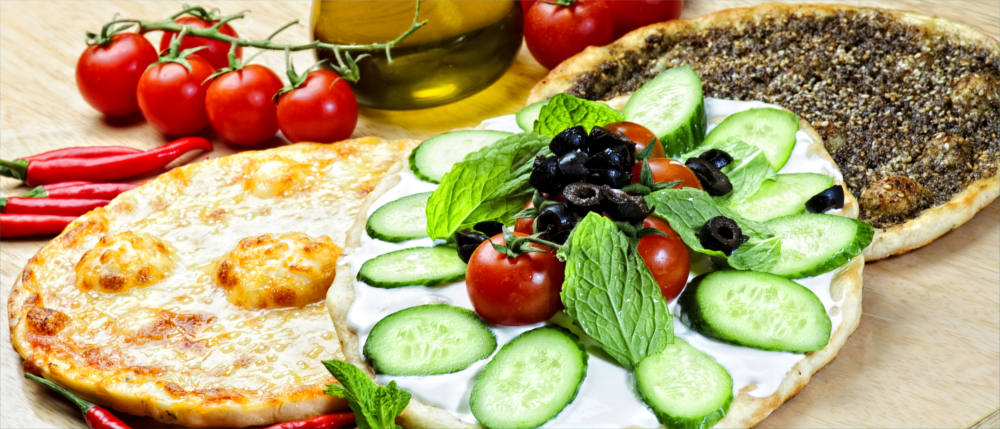Travel Offers
Travelmyne Featureprint
Distance
Current notice: Due to ongoing safety and security concerns, travellers are strongly advised against travelling to Lebanon.
Lebanon - A Pearl in the Middle East
The smell of cedars is in the air when we think of Lebanon. The country in the Middle East is not a typical travel region and a trip has to be planned well, but if you adhere to the basic rules of conduct, you will find interesting places and meet open-minded people here.

Geography - The Middle East at the Mediterranean Sea
Lebanon borders on Syria and Israel in the Middle East and has a coastal area at the Mediterranean Sea. The country is divided into six governorates. The climate differs from region to region. It is mild and Mediterranean at the coast as well as pleasantly warm in summer. There is mountain climate at the higher altitudes and a lot of snow in winter. In addition, some regions have steppe and desert climate.

Nature - Idyllic coast and scenic cedars
Lebanon's coast is 225 kilometres long and lies at the Mediterranean Sea. Before it, you see the island group of Tripoli. Mount Lebanon is about 3,000 metres high and excellently suited for going climbing in summer or skiing in winter. There are many fertile strips of land in the Bekaa plain. Grains grow particularly well here. Wine-growing is common here as well. The region of the Anti-Lebanon mountains is rather barren and very dry. The country's greatest lake, Lake Qaraoun, is much more beautiful. Lebanon's landmark and best-known photo scene is the cedar forest.

Natural sights - Limestone caves and natural stone bridges
Lebanon fascinates with its diverse landscape and numerous hidden natural treasures. Examples are the legendary limestone caves of the Jeita Grotto or the mysterious pit caves with real natural stone bridges in Tannourine. The best-known photo scene, however, are the Pigeons' Rocks (or "Rock of Raouché"). They lie in the bay near Beirut and look like a natural bridge or gateway into the country. Another wonderful formation is the Kadisha Valley, which accommodates numerous churches and monasteries. The country's most beautiful cedar forests are located in the Cedars Nature Reserve in Bcharre and in the Al Shouf Cedar Nature Reserve in Barouk.

Culture - A rarity in the Arab world
Lebanon is one of the oldest settlement areas on earth. Many cultures have left their mark in the region, for example the Egyptians, Phoenicians, Greeks, Byzantines and Romans. There are 18 recognised religious communities in Lebanon. The majority of the population are Muslim or Christian. This diversity is a rarity in the Arab world. The country is also more liberal and open towards tourist. Of course, the typical rules of conduct apply. You should, for example, only enter churches and mosques wearing appropriate clothes.

Cultural sights - Temples, monasteries and castles
Lebanon has a rich cultural heritage. Besides the beautiful capital of Beirut, the city (and island group) of Tripoli, the UNESCO World Heritage sites of Anjar and Byblos (the city of the Phoenicians) are worth seeing. The village of Qana (or "Cana") is said to have been the site of the Marriage at Cana, during which Jesus turned water into wine. The rock relief of the Twelve Apostles bears witness to this incident to the present day. Travellers also enjoy visiting the mysterious Sidon Sea Castle at the Mediterranean Sea, the Roman temples of Tyre and the ruined city of Baalbek and these are only a few of the country's many interesting sights.

Experience - The Lebanese cuisine
Specialities of the Lebanese cuisine have become well-known across the country's borders, especially the internationally popular falafel. The wines from the wine-growing estates of Ksara and Kafra are less known but just as delicious. The nightlife for travellers mainly takes place in the tourist areas and in Beirut. You find a number of clubs, bars and restaurants here.

Activities - Strolling, bathing, building snowmen
Yes, you can actually build snowmen in Lebanon in winter and there is more. The main winter sports area of Faraya offers wonderful slopes with comfortable lift systems. Lebanon is most popular in summer. The Mediterranean Sea invites you to go swimming and relax. Afterwards, you can go for a stroll in the scenic shopping alleys in the coastal villages and towns. They are great locations for finding souvenirs.

Information
In summer, holidaymakers come to Lebanon to swim and sunbathe at the Mediterranean coast. In winter, winter sports fans visit the snowy mountain regions.
Lebanon is not a typical travel destination and not all of its regions are suitable for tourism. In the tourist centres, however, travellers find everything they need for exciting holidays abroad.




















